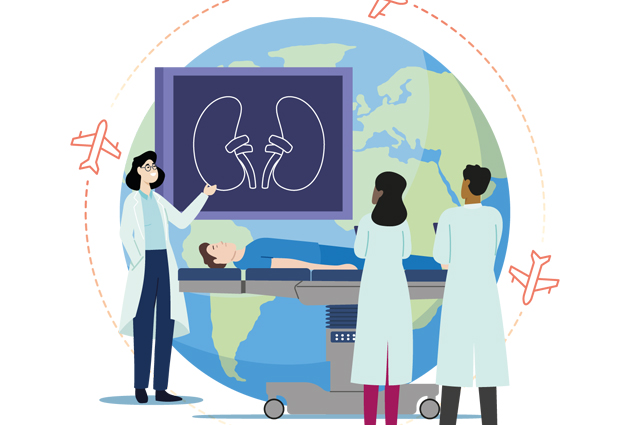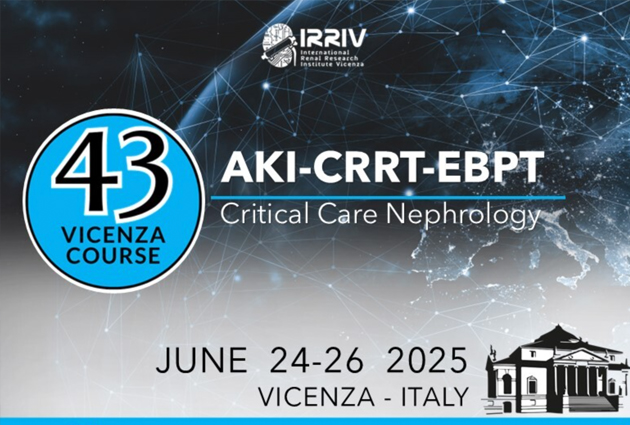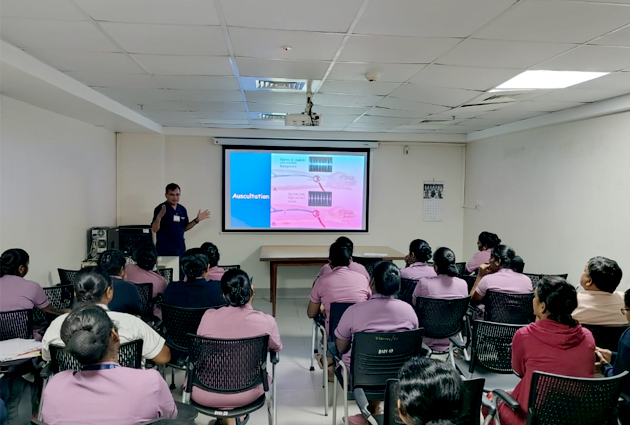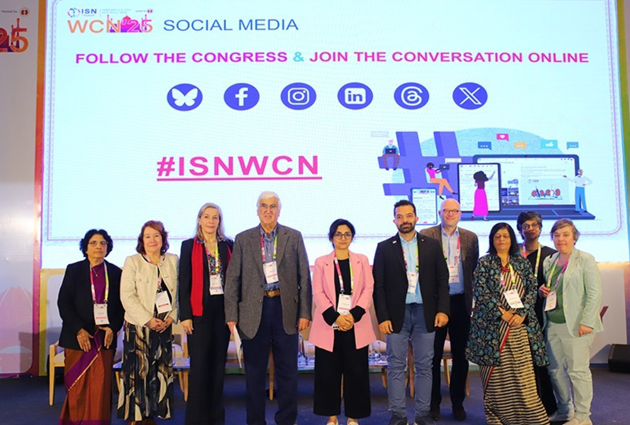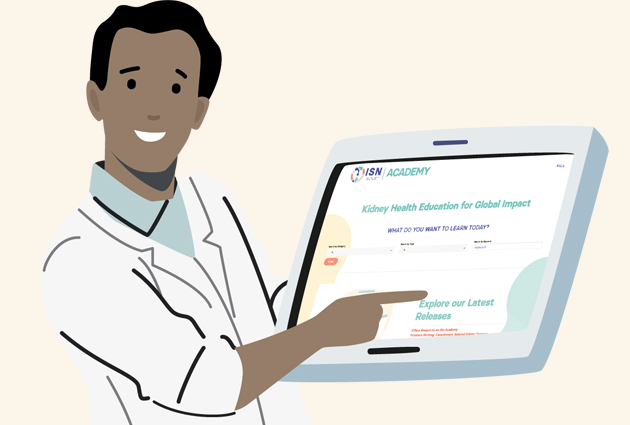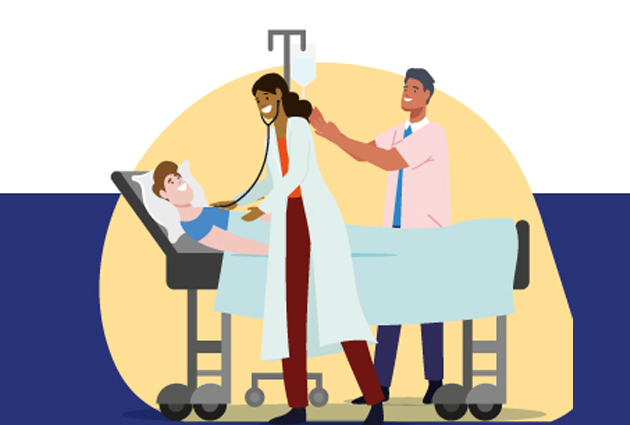Advancing Kidney Health in Brazil: A Young Nephrologist Reports
 My name is Tatiara Bueno. I graduated in nephrology in 2012, at the age of 28. My academic training took place in Londrina – PR, Brazil.
My name is Tatiara Bueno. I graduated in nephrology in 2012, at the age of 28. My academic training took place in Londrina – PR, Brazil.
After finishing my studies, I moved to Porto Velho – Rondônia, in the Western Amazon, in the North of Brazil. Here, in a capital with almost half a million inhabitants, I encountered an adequate nephrology service for chronically affected patients, but with severe deficiencies in in-hospital settings. Some important ICUs in the city, such as the CEMETRON hospital – a reference center for infectious diseases in our state – did not have bedside dialysis treatment available.

Given the regional need for improvements in the public system of intra-hospital nephrology services, and with the support of the government at that time, an excellent strategy was created for the implementation and development of several nephrology assistance programs:
- training technical teams and nurses in hemodialysis in the public service;
- creation of a room in the public reference hospital with six hemodialysis machines to assist infirmary patients not requiring an ICU;
- establishing hemodialysis units in all public ICUs in the capital;
- launch of a kidney transplant program in conjunction with the urology team.
We also assisted in the construction of a chronic hemodialysis clinic in a smaller town in Ariquemes. As a result, patients no longer needed to travel over 400 km three times a week to receive their treatment. In the months and years that followed, we observed a significant increase in the number of in-hospital hemodialysis. No patient had an unfavorable outcome due to a lack of hemodialysis or patient care. That service preserved life.
Currently, the Achilles heel of nephrology is the prevention of kidney disease. Many patients are unaware that they have such a disorder. The indiscriminate use of nephrotoxic medications, such as anti-inflammatory drugs, is an aggravating factor in this public health problem. Patients with high blood pressure and diabetes are not monitored regularly. And as we are far from larger cities, this town is not an enticing place for young nephrologists to live, which means a lack of specialists in the whole state.
I hope that this brief report will encourage young nephrologists so that they can understand the importance of our specialty in changing unfavorable realities and improving the quality of life for countless patients. What a privilege this is!



